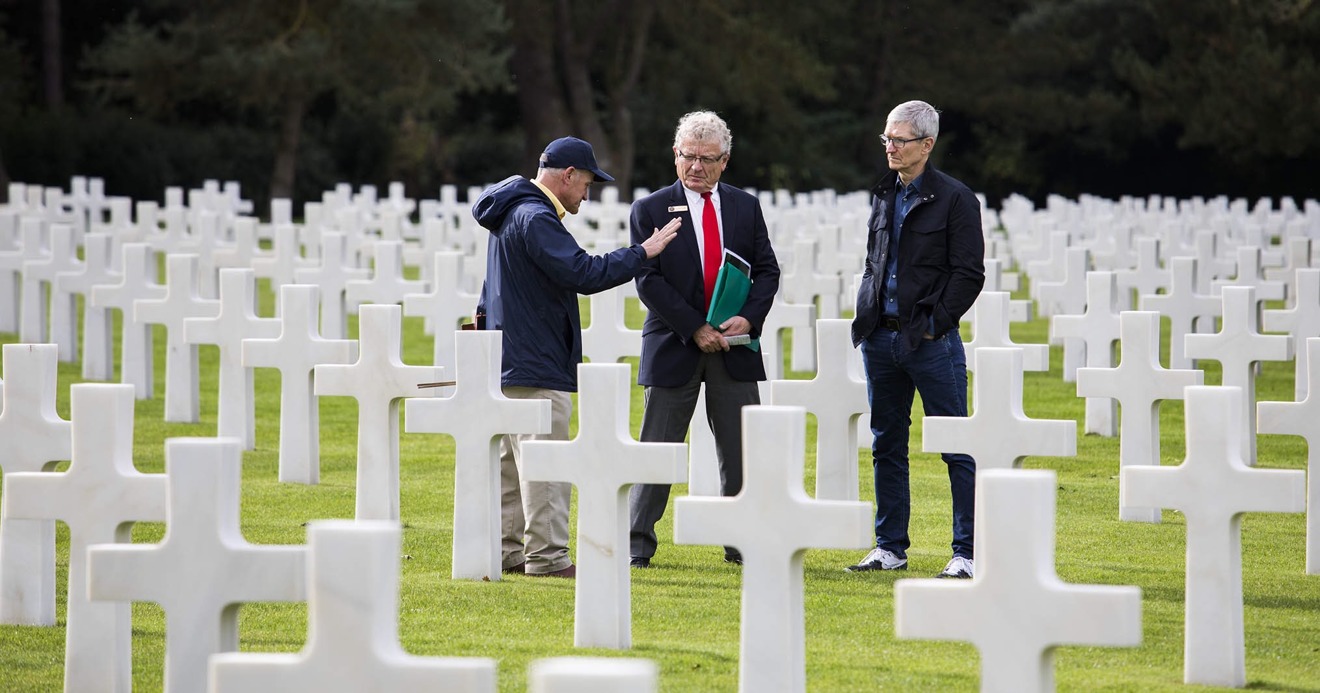Tim Cook says 'no place' for hate groups on Apple platforms
In accepting the Anti-Defamation League's first-ever "Courage Against Hate" award on Monday, Apple CEO Tim Cook delivered a firm statement in support of the organization and against far-right groups.
"At Apple, we believe technology needs to have a clear point of view," Cook said at the League's Never is Now summit on anti-Semitism. "This is no time to get tied up in knots. We only have one message for those who seek to push hate, division, or violence: you have no place on our platforms. You have no home here.
"From the earliest days of iTunes to Apple Music today we have always prohibited music with a history of white supremacy. Why? Because it's the right thing to do. And as we showed this year, we won't give a platform to violent conspiracy theorists. Why? Because it's the right thing to do."
Earlier in 2018 Apple pulled Alex Jones' Infowars app from the App Store, citing rules blocking "content that is offensive, insensitive, upsetting, intended to disgust, or in exceptionally poor taste." That followed the earlier removal of several podcasts.
Among other theories, Jones has infamously claimed that the 2012 massacre at Sandy Hook Elementary School was a "false flag" operation intended to give the government an excuse to confiscate guns, even going so far as to call families of victims "crisis actors" and broadcasting their addresses. Some of Jones' followers have harassed Sandy Hook relatives or issued death threats.
"Apple is a technology company, but we never forget the devices we make are imagined by human minds, built by human hands, and meant to improve human lives," Cook said later in his speech. "I worry less about computers that think like people and more about people that think like computers. Technology should be about human potential. It should be about optimism."
Far-right terrorism has come to the forefront of U.S. politics in the past two years thanks to a surge of incidents, such as the October massacre at the Tree of Life synagogue in Pittsburgh, which killed 11 people.
 Roger Fingas
Roger Fingas











 Malcolm Owen
Malcolm Owen
 William Gallagher and Mike Wuerthele
William Gallagher and Mike Wuerthele
 Christine McKee
Christine McKee
 William Gallagher
William Gallagher

 Marko Zivkovic
Marko Zivkovic









